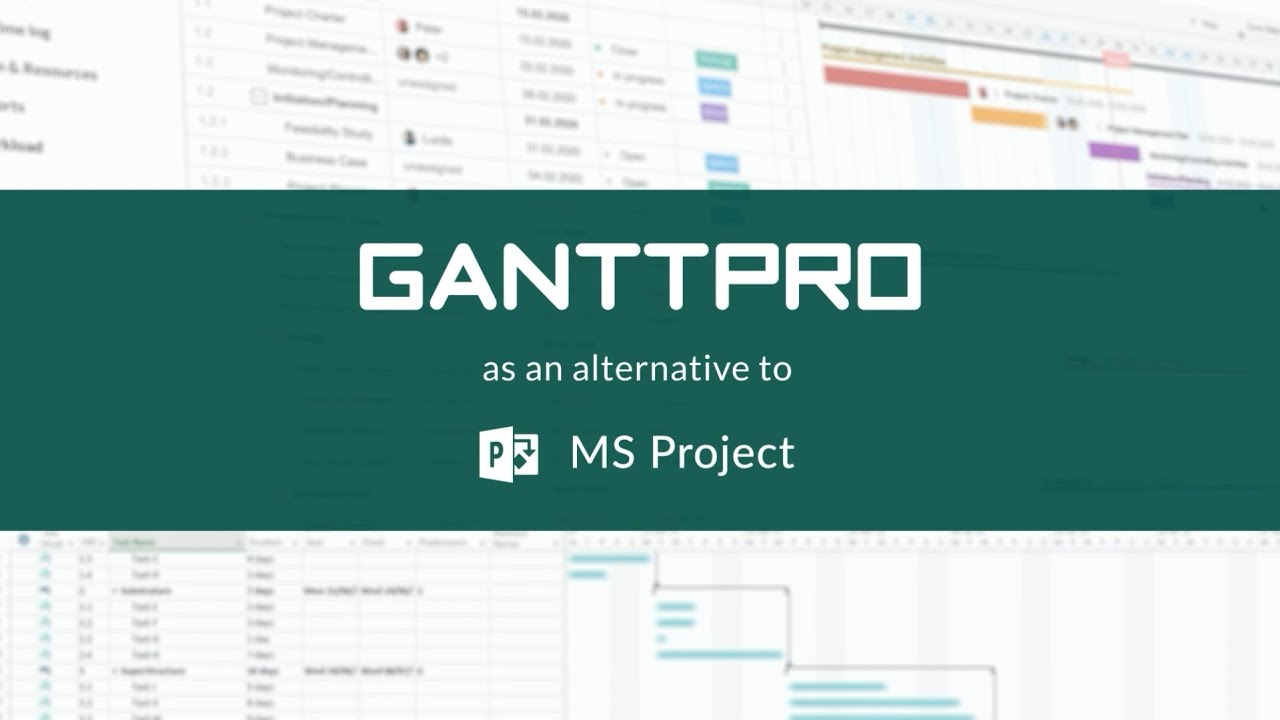What is the Role of Cost Management in Project Procurement Management?
Project procurement management involves the processes necessary to acquire goods and services from outside the performing organization. It includes planning procurement management, soliciting proposals, selecting sellers, and establishing contracts. One of the key components in project procurement management is cost management. This article will examine the role of cost management in project procurement management.
What is Cost Management?
Cost management is the process of estimating, budgeting, and controlling costs so that a project can be completed within a defined budget. It involves identifying the resources required for a project, determining the costs associated with those resources, and then monitoring and controlling those costs throughout the life of the project. The goal of cost management is to ensure that a project is completed within budget and that the budget remains accurate and up-to-date throughout the life of the project.
Cost management is essential for effective project procurement management because it helps to ensure that the project is completed within budget. A well-planned cost management strategy can help to avoid overspending, reduce risk, and increase the chances of success for a project.
Planning and Controlling Costs
The first step in cost management is to plan and control costs. This involves creating a detailed project budget that includes all of the expected costs for the project, including direct costs (such as materials and labor) and indirect costs (such as overhead and administrative costs). The project budget should be reviewed and updated regularly to ensure that it remains accurate and relevant.
In addition to creating a project budget, it is important to implement a system for tracking and controlling costs. This can be done using a Gantt chart or an online Gantt chart software such as GanttPRO, Microsoft Project, Wrike, ClickUp, Monday.com, Smartsheet, or similar tools. These tools allow project managers to monitor the progress of the project, track expenses, and make adjustments as needed to ensure that the project remains on track and within budget.
Monitoring and Controlling Costs
Once the project has begun, it is important to monitor and control costs to ensure that the project remains within budget. This involves regularly reviewing and updating the project budget, monitoring expenses, and making adjustments as needed to ensure that the project remains on track.
It is also important to identify and address any potential issues or risks that may impact the budget. For example, if a key supplier experiences a delay, the project manager may need to find a new supplier or negotiate a new contract to minimize the impact on the project budget.
Conclusion
In conclusion, cost management plays a critical role in project procurement management. By effectively planning and controlling costs, monitoring expenses, and addressing potential risks, project managers can ensure that their projects are completed within budget and on time. With the right tools and strategies in place, cost management can be a powerful tool for ensuring the success of a project.

